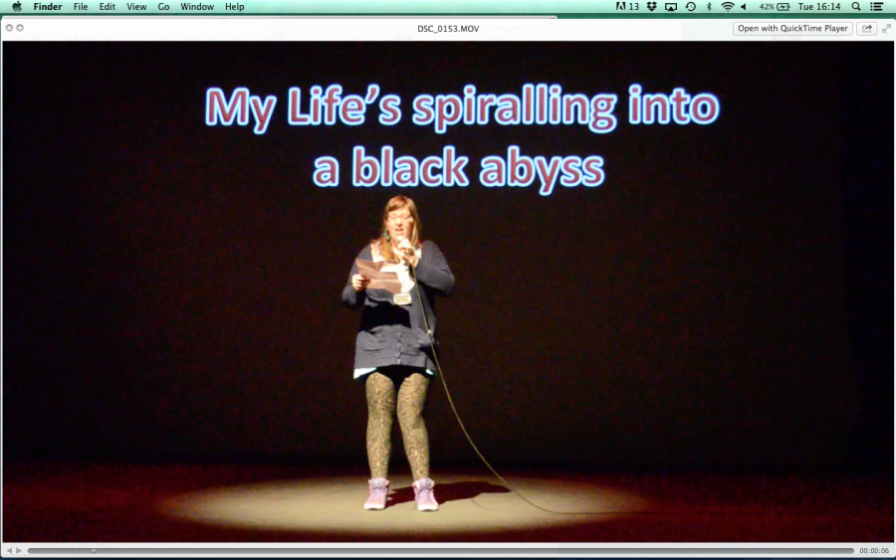Musical inclusion in a Pupil Referral Unit - challenges of a rural area

It's a challenge providing musical inclusion in a PRU. It's a challenge in a rural area - putting them both together has brought up particular problems that aren't so obvious. We haven't cracked the answers yet - so our next step is to start talking to others who are facing the same challenges.
We have been trying to establish some elements of alternative curriculum provision in the High Peak for a number of years, and it's been hard because of the lack of resources allocated to this in the district. Now having delivered a programme of activity in this sector, some of the practical issues have been brought into focus.
A rural area brings in a smaller catchment of young people. This is obvious, but it affects more than just the cost per head of the project. In an urban setting with a high demand for music activity only the most keen will take the places on offer. Even if they aren’t doing well at school, these people, being keen, will probably have experienced other music activities on offer in local youth clubs and elsewhere. This sets up a completely different dynamic to start the work. A rural school will run activity with a smaller more mixed-interest group. Anyone struggling in lessons and considered ‘creative’ will be put in this group, whether interested in music or not, and some will just have feigned interest to get out of their normal lessons. The resulting dynamic is not conducive to participants stepping out of their comfort zone. Keen people may put pen to paper, but they will not record or perform. Everyone in the group may do some good work, particularly working one-to-one with musicians, but taking ownership and feeling pride and motivation to strive harder is beyond their reach in this setup. Couple this with the fact that keen participants have not had other local opportunities to try the activities and that their confidence and self-esteem are as low as anyone who is on the verge of exclusion, there are significant barriers to achieving the full potential these activities can reach.
It is worth noting on a practical level also school facilities and spaces are much more limited than city schools and there are restrictions on who can use certain machines and software etc.. This limits the progress young people can make outside of the project.
Through setting out our recommendations in a draft of guidelines we hope to be able to address these issues more effectively. The key points of our recommendations include:
- Try to work in more than one artform.
- Kick start the programme with an intensive blast and more regular milestones. How do people work for their place at the beginning?
- Expect that extra stepping stones will be needed to bring participants along the journey. Successful and non-challenging steps were: One-to-one working on individual tracks – moving to sharing those tracks out loud to the whole group and getting feedback. The whole group naming the tracks. Learning new skills – moving to showing others as part of the Apprenticeship in the Arts Award.
- Be prepared to break the barriers by changing the plan for the project, e.g. not taking them somewhere, but bringing something to them…
- Establish element of mentoring and add to the school’s own approach to re-engaging with these pupils. Build in flexibility for the mentor or teachers to take some to live events, in or out of town, evenings etc.
- Mix with an after school club which continues after the session, allowing an open access catchment and changing the dynamic for part of the session.
- Make the participants work for their place – allow a rolling membership, where one person goes and another takes their place.
- Include music teachers from school – so that participants are allowed to carry on using school facilities.
- Signposting for continuation, contact with the local Multi Agency Team and others.
We are very interested in the things that other projects have struggled with - please comment, or get in touch if you want to talk about it!
Thanks for reading!
Sophie
